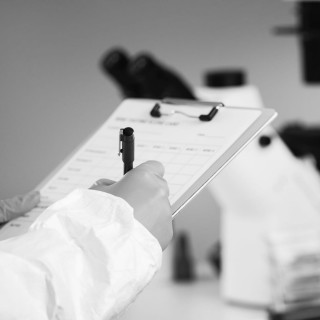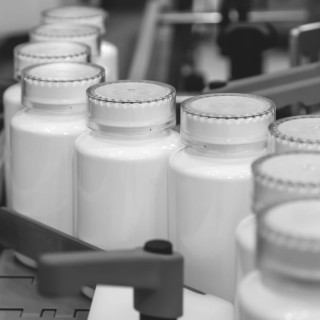
NEW ITALIAN “BELFRIT” DECREE PUBLISHED
Italy
Oct 30, 2018
The Italian authorities have published the highly anticipated decree on botanicals which integrates the so-called âBELFRITâ list, authorizing the use of more than 1000 plants and mushrooms in food supplements.
The decree includes a positive list of plants and mushrooms authorized for use in food supplements, together with mandatory warnings and maximum levels. Compared to Belgium, who published their version of the list last year, Italy has less restrictions, as shown in the following examples:
Contrary to Belgium and France, there are no maximum levels for anthranoid containing plants like Aloe or Rheum spp. (which are being disputed on EU level), Black cohosh, Hawthorn, Chamomile, Crocus, Devil's claw, Echinacea, Ginger, Hedera, Hops, Saw palmetto, Nettle, Valerian. Note that for most of them there is an EMA monograph;
Some plants do not have mandatory warnings as it is the case in Belgium e.g. Curcuma, Chaste tree, Verbena;
The decree authorizes stevia leaves, cannabis seeds and oil.
Besides this, and similar to France, the decree includes a list of information necessary for the correct and safe use of botanicals :
a clear definition of botanical preparation;
information and websites for the identification of plants; and
information on the preparation, the traditional use and the production process of the final product.
A separate decree on other substances establishes maximum levels for certain naturally occurring botanical substances with a physiological effect or of possible concern (for example EGCG and isoflavones).
As a transitional measure, foodstuffs that do not comply with the provisions of the new decree, but are compliant with the provisions of the former decree of 9 July 2012, can still be placed on the market until exhaustion of stocks.
Analysis
From the examples one could conclude that Italy takes a more liberal approach to risk management than Belgium. Where Belgium has a maximum limit for certain plants or substances of concern, Italy often resorts to less restrictive measures, mandatory warnings. On the other hand, in Italy there are no provisions exempting botanicals when these compounds have been removed or reduced to safe levels. Moreover, there are no official procedures for consulting the Italian Commission for Dietetics and Nutrition (CUDN), as is the case for the respective advisory commission in Belgium.
In our practice we help our clients to prepare the information necessary for the correct and safe use of botanicals, as part of a due diligence process. However, the authorities would most probably only ask for this information after a problem has arisen.
Overall, we remain positive about this decree. This harmonization together with the digital notification system has made the access to the European market more streamlined.












